The digital marketing in business is used mainly to focus the entire mass market. But, the introduction of internet became a boon to business people, as it made the business customer centric electronically. Realization of use of internet in every business created a word known as “e-business”.
Information & Communication Technology along with internet became popular in India at the end of 20th century has an imprint in every industry including tourism, coining a new term called “E-Tourism”. The benefits of internet include wide market reach, 24×7 service availability, direct customer service etc. Development of websites further eased availability & access of information and increased the horizons to reach the targeted markets, stressing the importance of virtual marketing, also known as e-marketing.
On the other hand, while we develop websites, it should be ensured that the geographical, social, psychological and demographical background of the visitors of the websites is taken into consideration. As the tourism industry is a service industry and the tourist markets are away from the tourist places, therefore website designing with a purpose of marketing the tourism products would play a crucial role, not only in destination promotion but also in developing and promoting business at Tourist Generating Regions (TGR).
Concurrently, Internet with World Wide Web (WWW) has developed various e-marketing tools such as content marketing, video marketing, Search Engine Optimization (SEO) etc. Therefore, a proper combination of different e-marketing tools is essential to attract the potential customers. This further encompasses the importance of the study on application of e-marketing tools. This work, discusses the significance of e-marketing in tourism industry through a comparative study between Kerala and Tamil Nadu. This effort is a reproduction of doctoral thesis submitted in Bundelkh and University, Jhansi, India.
Even though use of smart phones for tourism activities has become common, since the advantages and comfort levels vary with that of laptops and desktops, therefore smart phones would never replace use of laptops and desktops in day to day affairs. The proper use of web applications and e-marketing tools would increase the rate of success. ICT in hand with mobile technology introduced a new term called “Smart Tourism” in the history of tourism in the mid of second decade of 21st century.

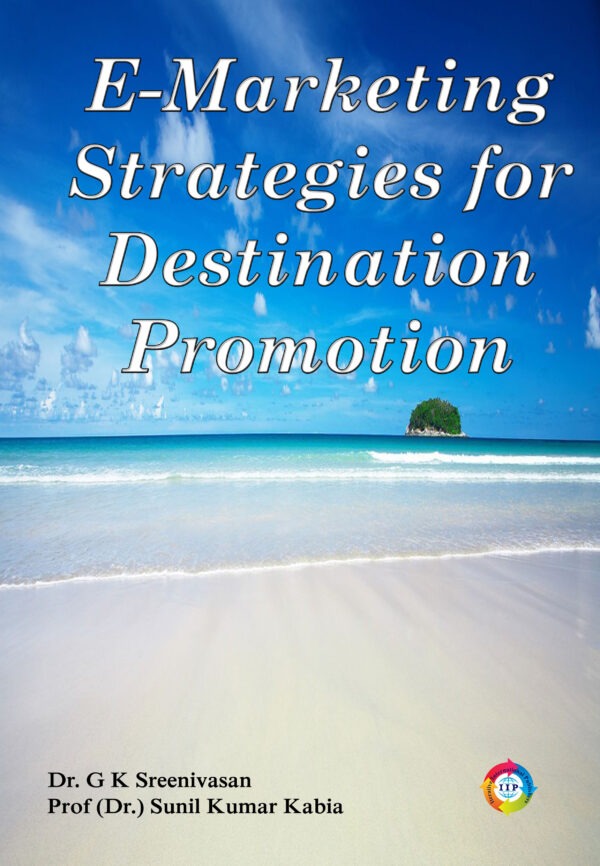
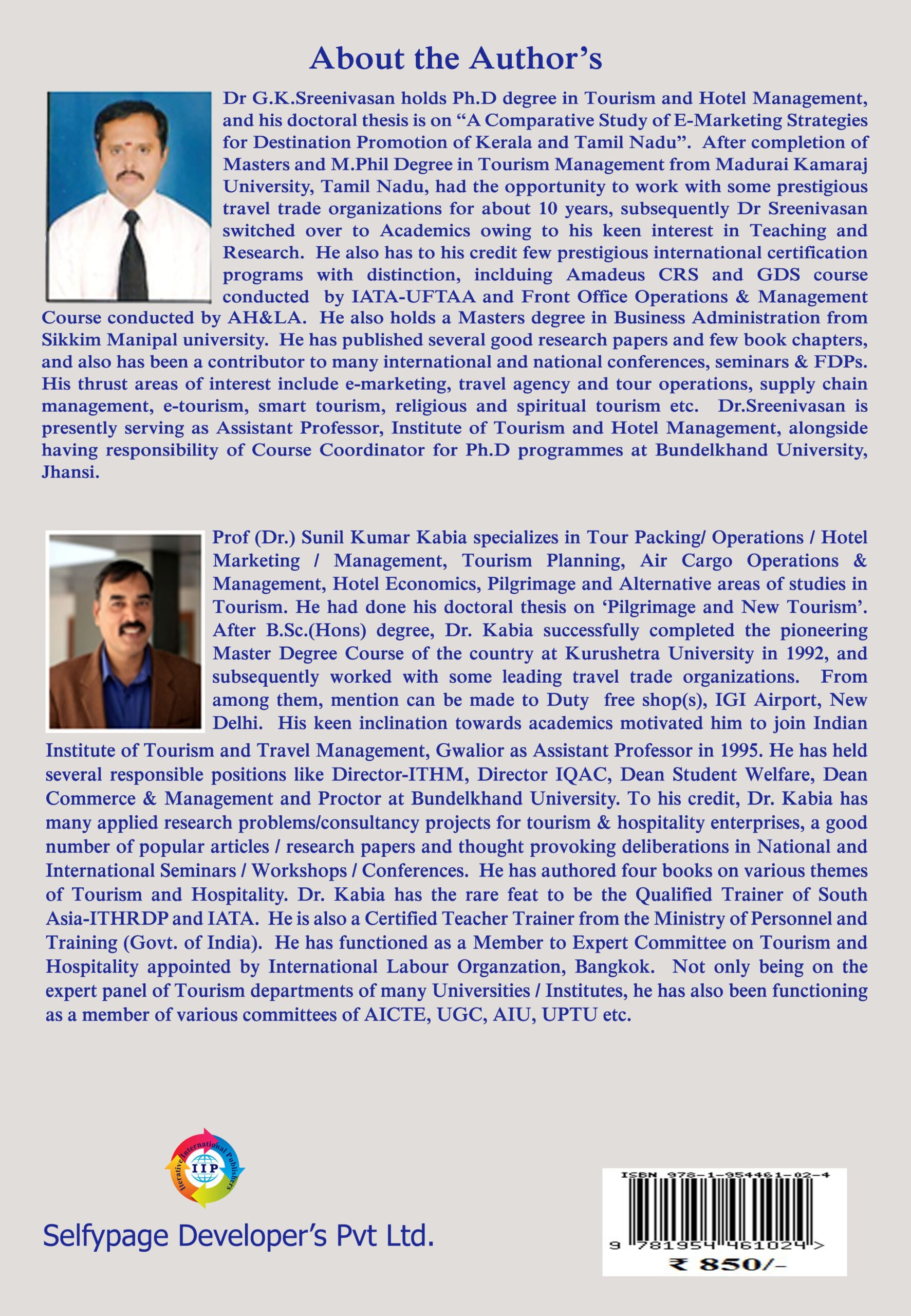
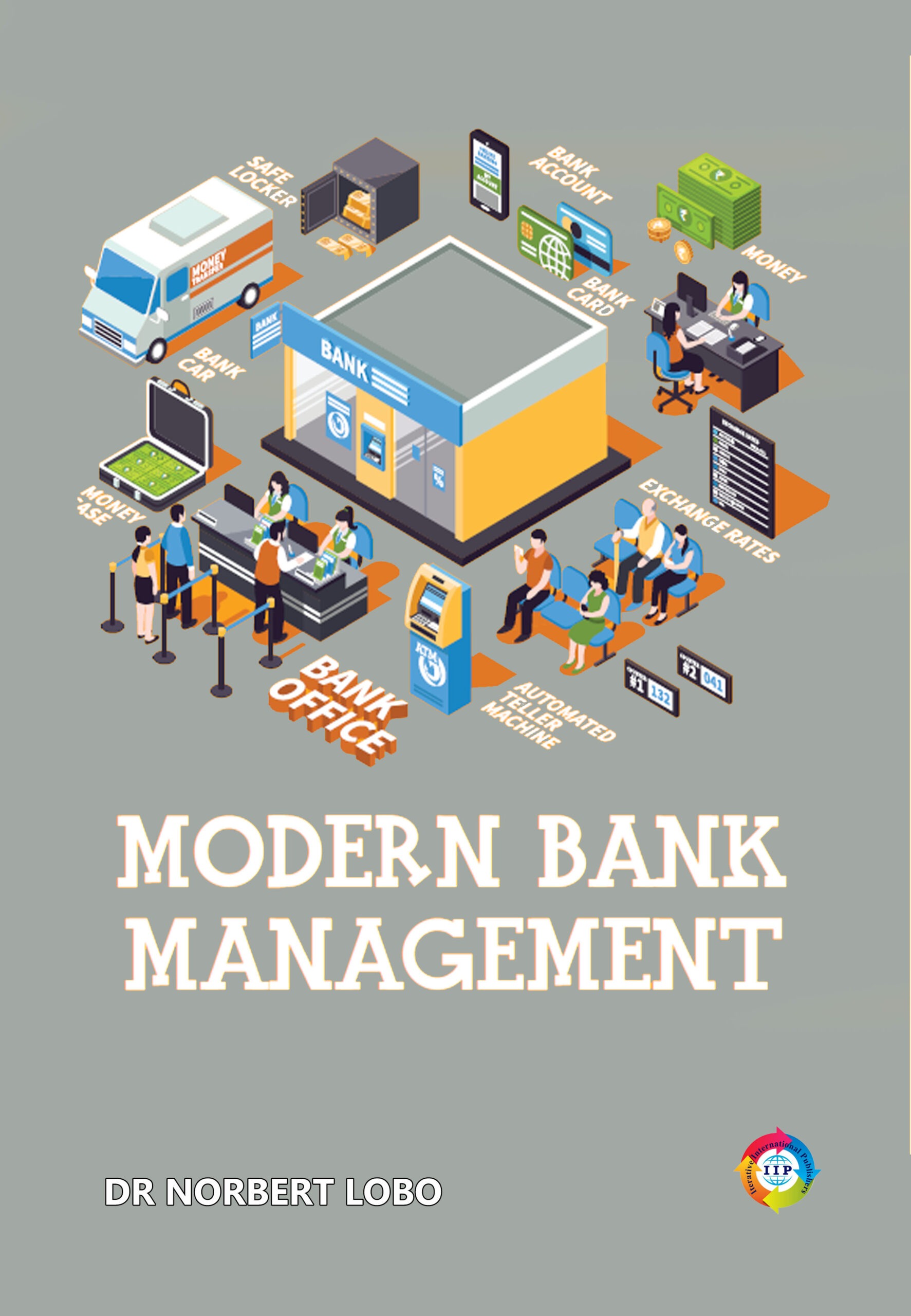
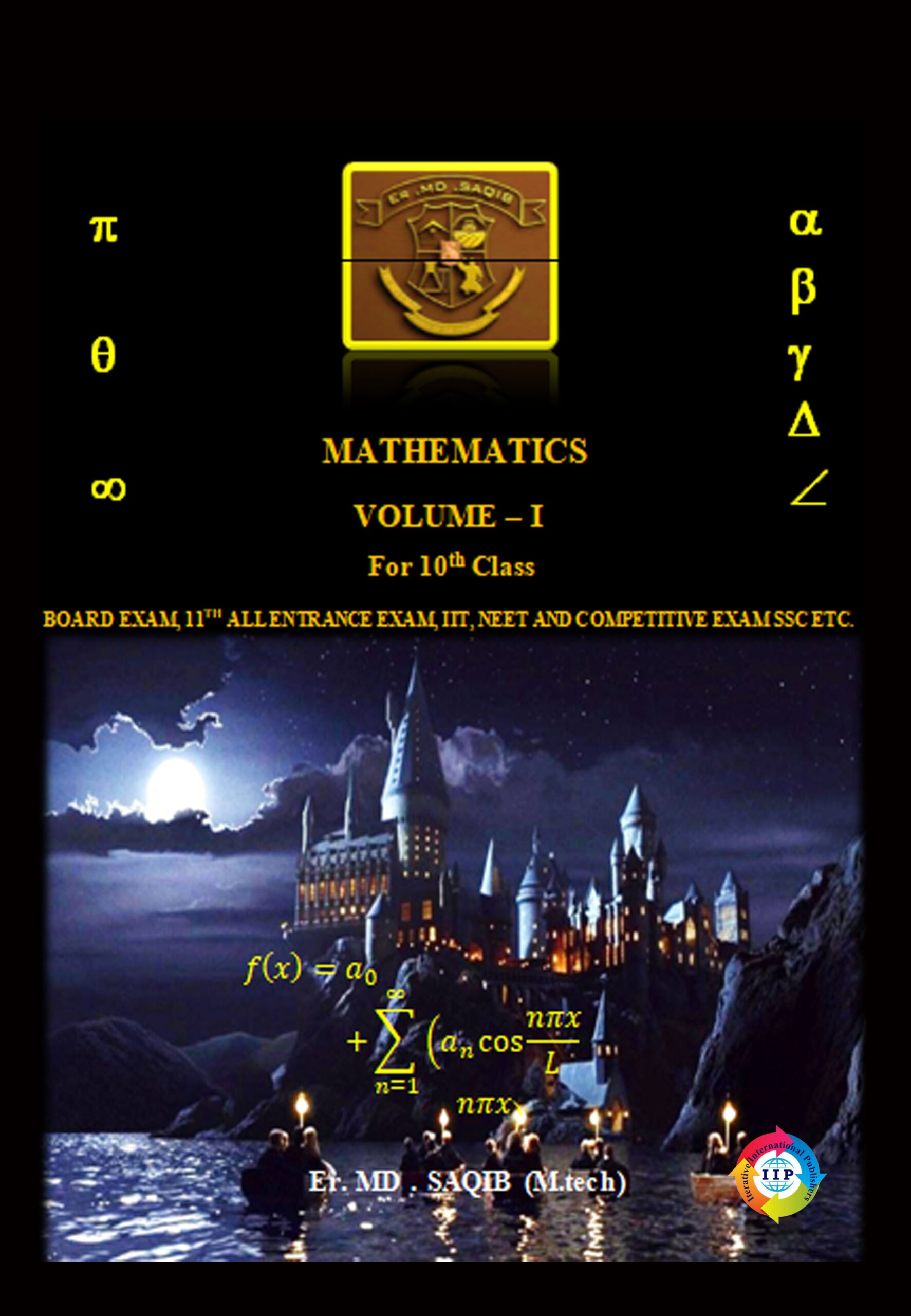
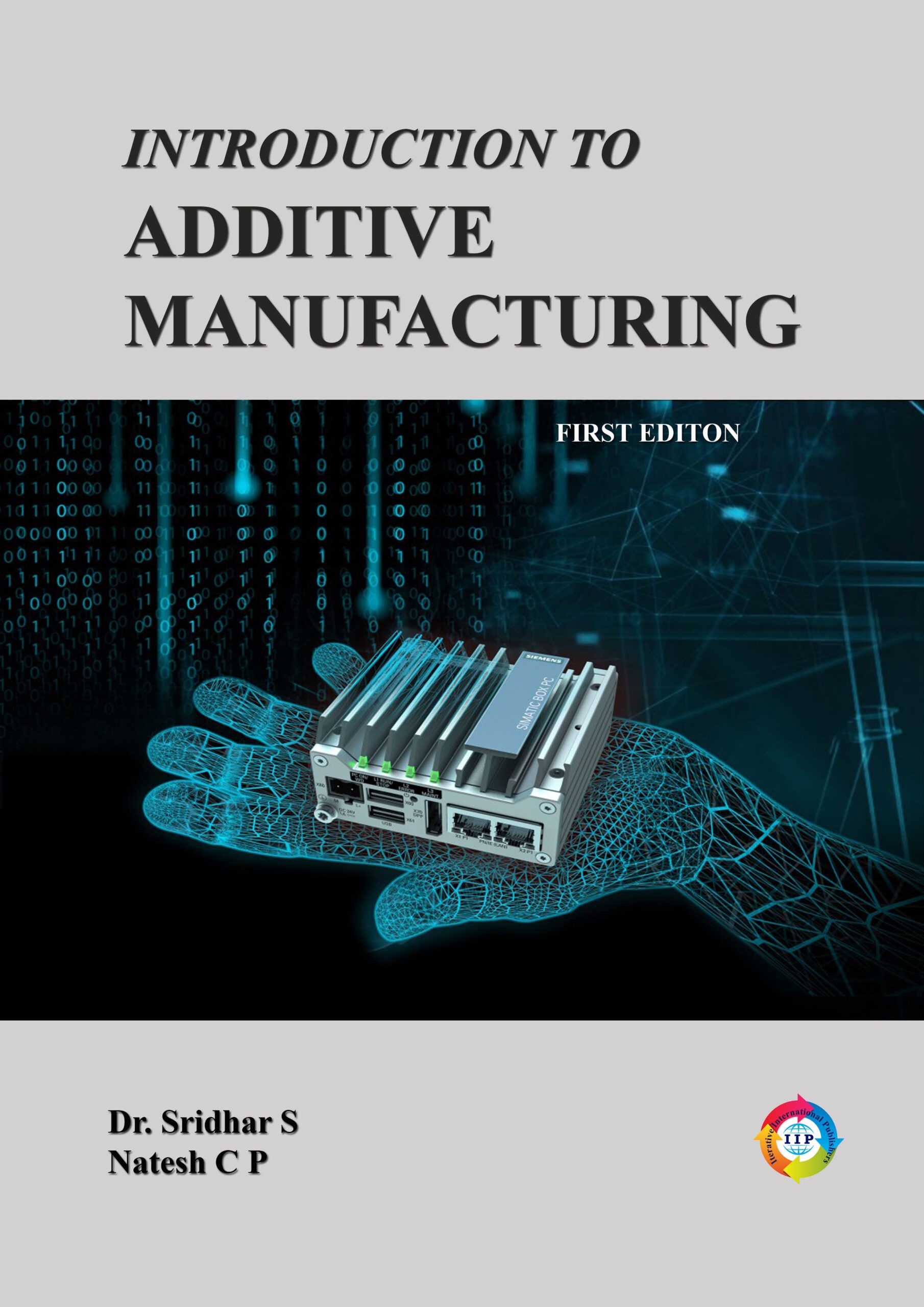
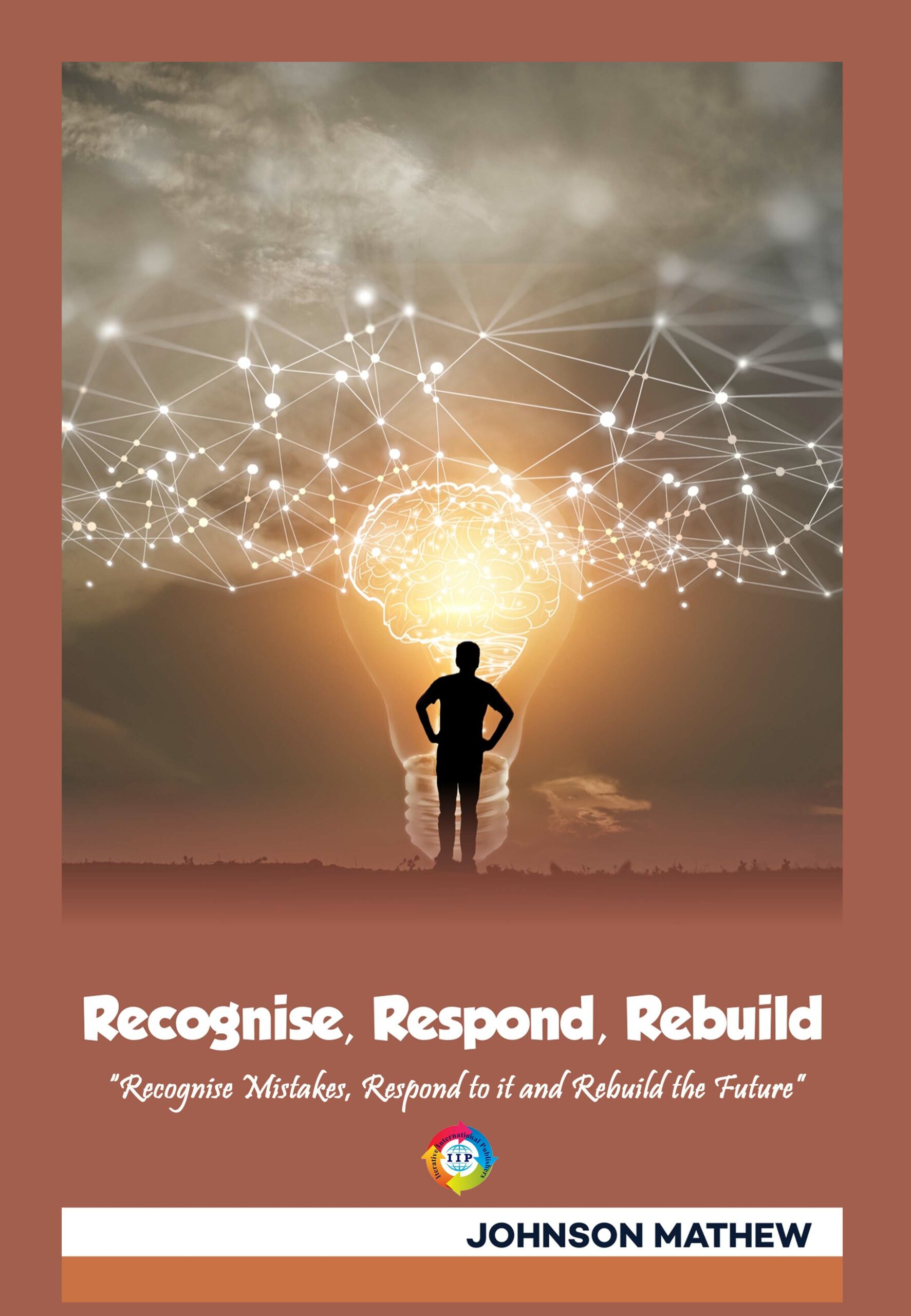
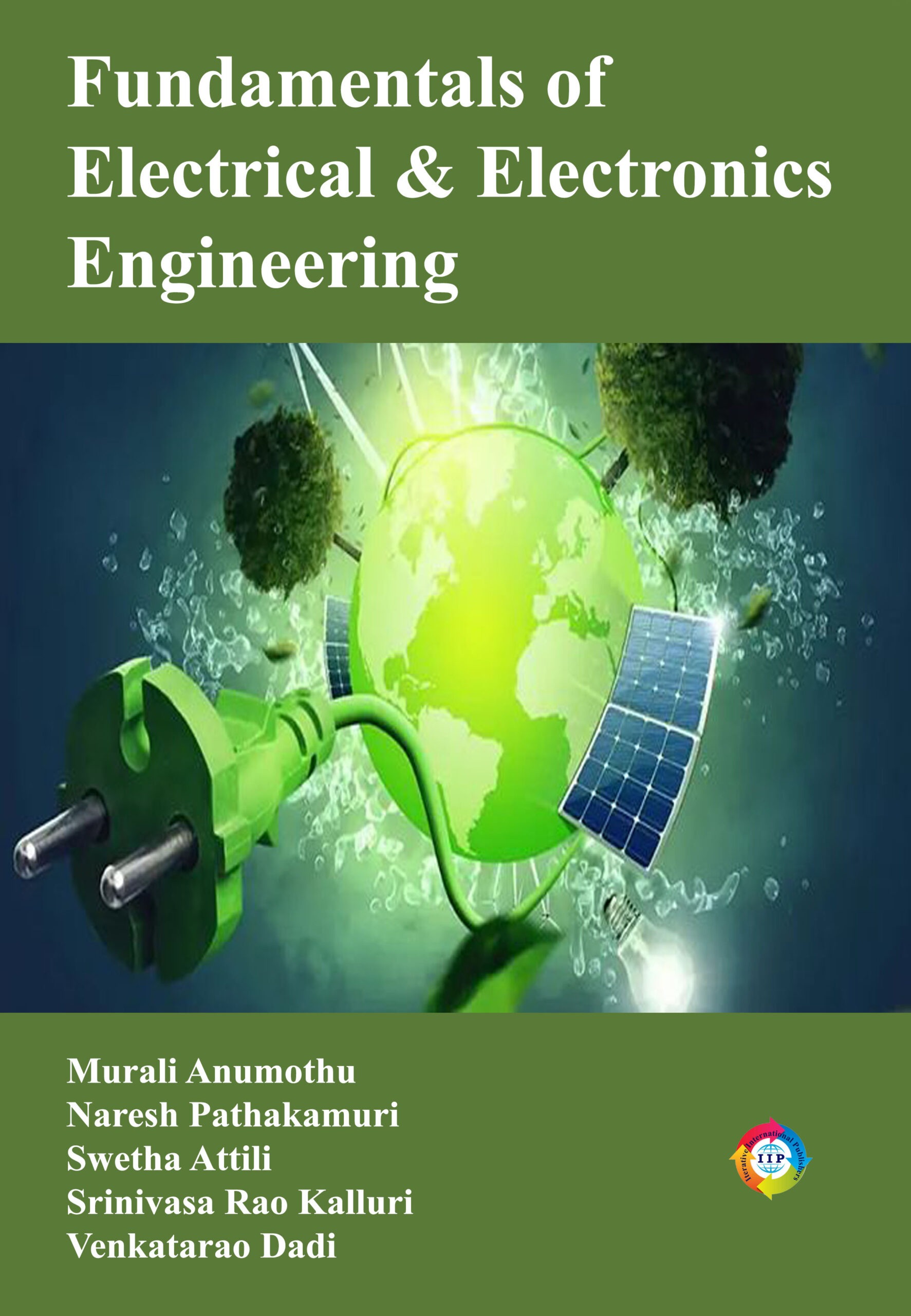

Reviews
There are no reviews yet.